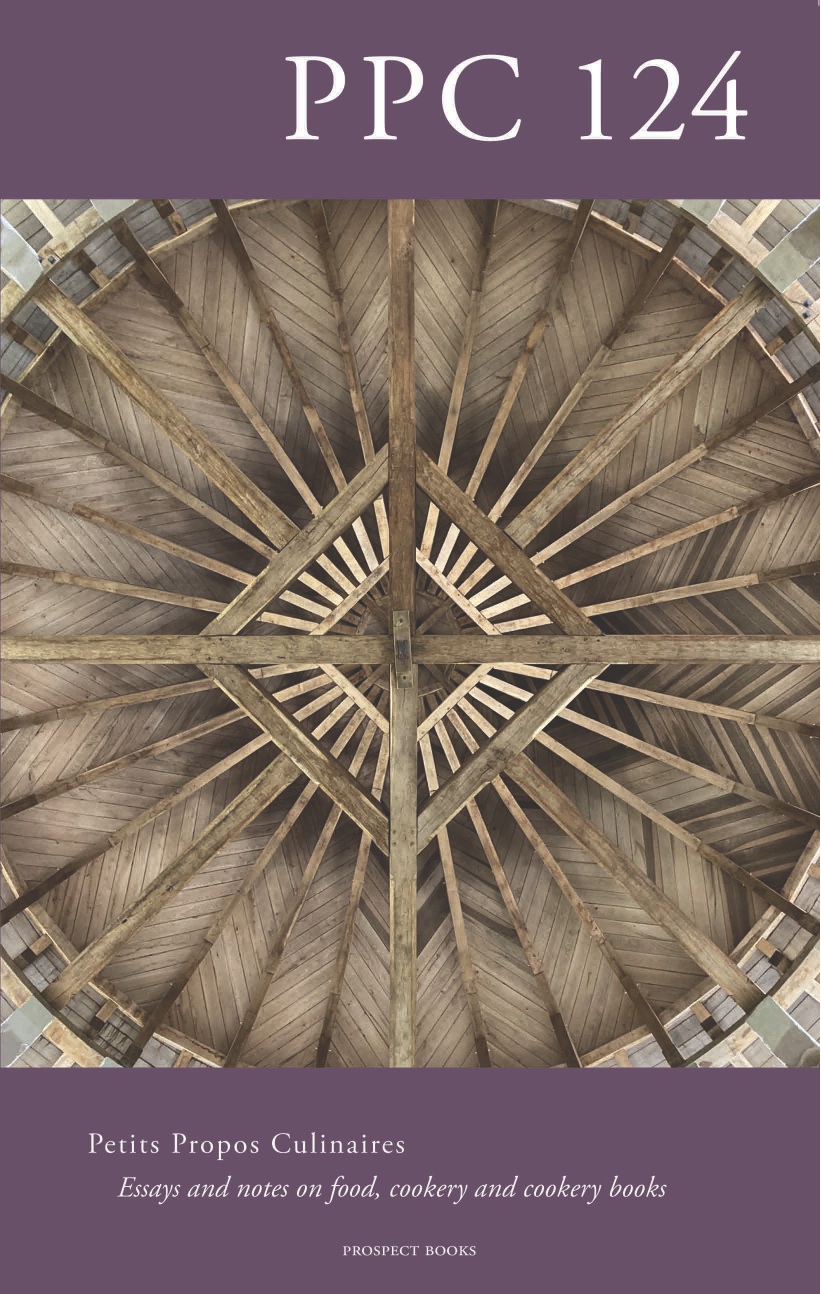Recipes for Political Success, and Otherwise
the Party Political Cookbooks of the United States
DOI:
https://doi.org/10.1558/ppc.27748Keywords:
United States, Food and Politics, Party-Political cookbooks, cookbook genres, political ephemera, social history, activism, food and gender, National Federation of Republican Women, post-warAbstract
Recipes and the preparation of food have long been intertwined with the formal politics of the United States. In certain circumstances, that has been as a direct result of the particularities of the American experience. In Virginia, for example, the annual migration of shad up the James River created opportunities for large-scale events at which patronage was dispensed and the priorities of the state’s political machine were fixed for the next twelve months. The peculiarities of the congressional filibuster, too, offered ample opportunity for recipes to be entered directly into the Congressional Record, as politicians made the most of arcane House rules which allowed them to hold the floor – and therefore delay the passage of legislation – for as long as they could continue their monologue; Louisiana’s colourful demagogue Huey Long, for example, used what remains the second longest filibuster on record to take his colleagues step by step through a recipe for New Orleans oysters for such a purpose. This article looks at the phenomenon of party political cookbooks issued as part of party fundraising.

